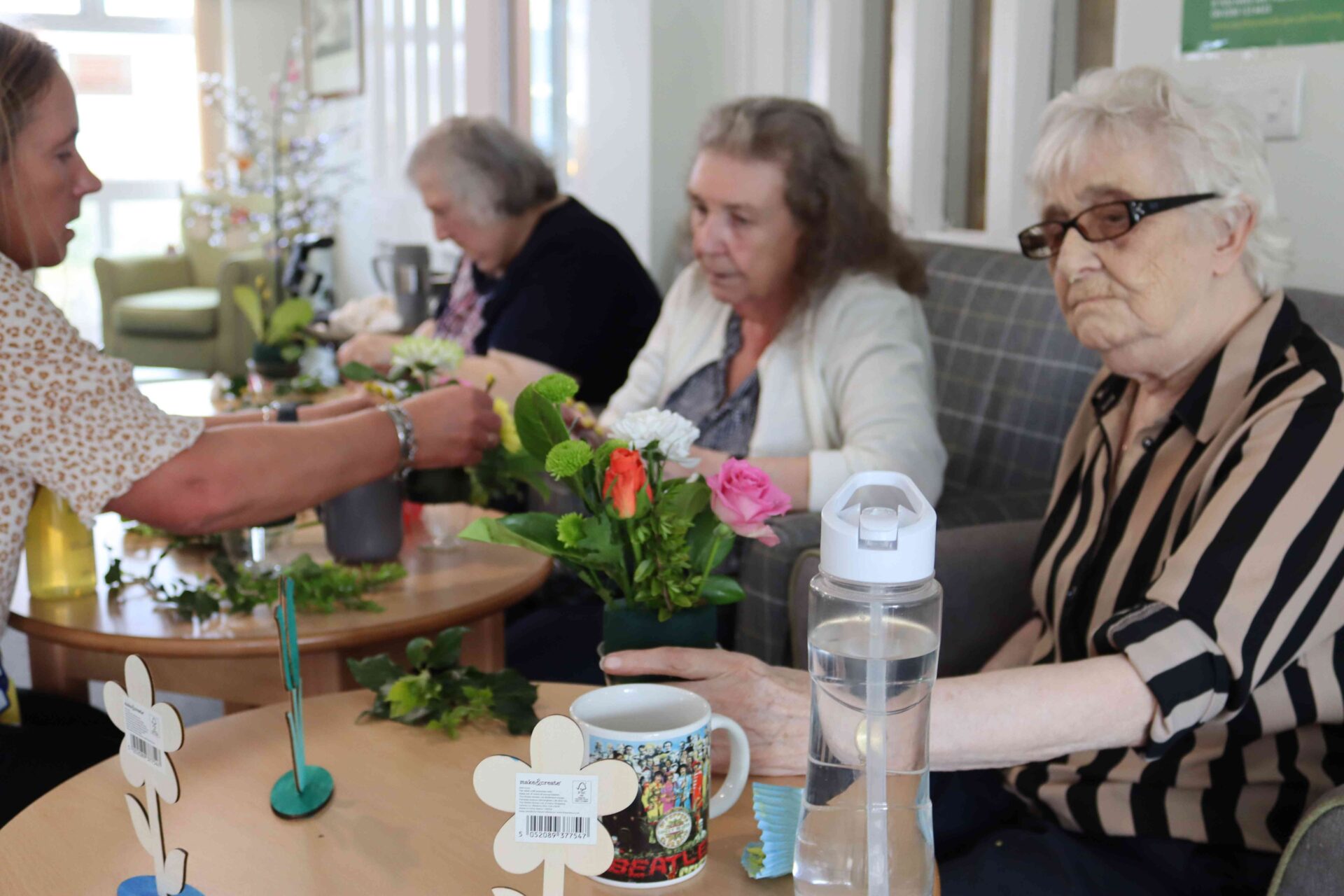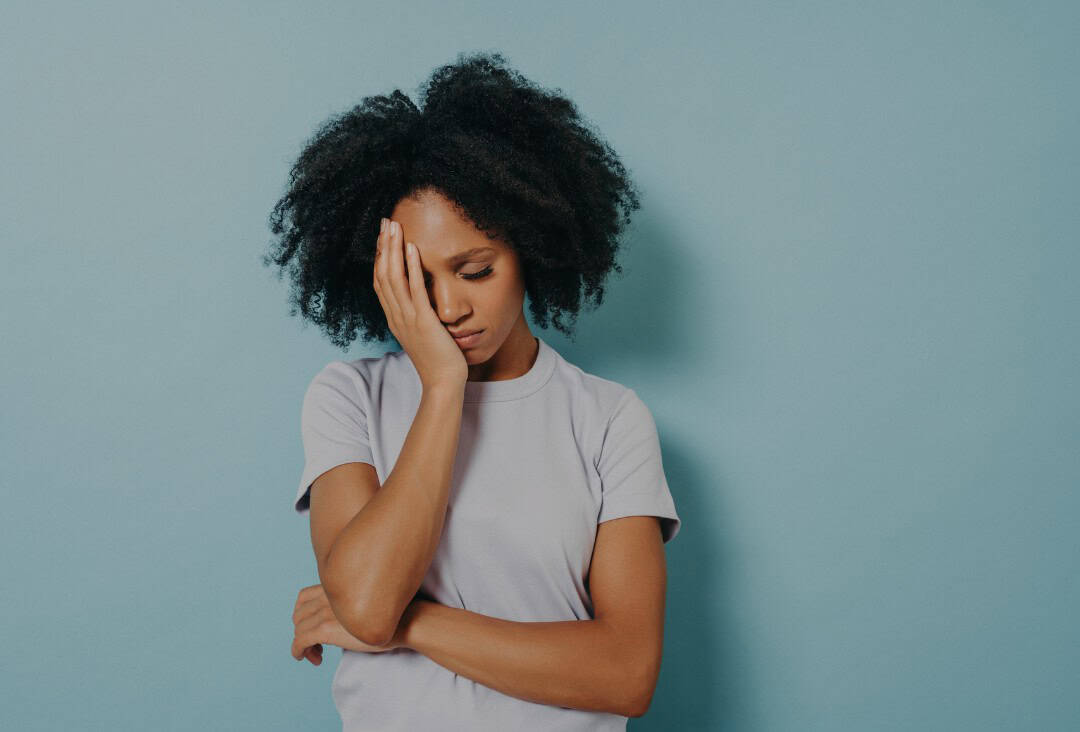The definition of exercise is “any movement that makes your muscles work and requires your body to burn calories.” This could range from high intensity training at the gym or something as simple as a walk. It’s a well-known fact that exercise is good for you, but how many benefits are there?
Physical Benefits:
As you may already know, getting regular physical activity can have many positive effects on the body, such as preventing excessive weight gain, but exercise can do so much more than this. For example, exercise can greatly improve your body’s physical health and boost your immune system and help fight many different health condition and diseases. Physical activity helps your body to create more high-density lipoprotein (HDL) cholesterol, which decreases the unhealthy triglycerides, which in turn lowers your risk of cardiovascular diseases. Other health problems that exercise greatly reduces include:
- High blood pressure
- Type 2 diabetes
- Coronary heart disease
- Possibility of a stroke
- Many types of cancer
- Osteoarthritis
- Falls
- Dementia
Mental Health Benefits:
While exercise has been proven to lower your risk of anxiety, depression and dementia, it overall improves your mood. This is because physical activity stimulates your brain which causes the production of hormones such as serotonin and endorphins and these are what make your mood more positive.
Stress:
When we get stressed our behaviour changes, we may experience emotions more intensely and have other physical symptoms. You may experience sleeping problems, excessive sweating or a loss of appetite as well as feelings of insecurity. This is due to our body producing hormones that create the “fight or flight” response. Our heart rate will quicken and fat and sugar will be released into our system to boost or energy. Exercise uses up this extra energy and therefore becomes a great way to reduce stress, while also distracting you from the distressing matter.
Self esteem:
Exercise can change the way we perceive ourselves an make us view ourselves in a more positive way. Our self esteem is a key indicator of our mental well-being and greatly effects the way that we cope with life stressors. Physical activity has been proven to boost our self esteem because it enhances our mood and causes us to create more of a positive outlook, and in the long term can also make us feel good about our physique and our abilities.
Sleep:
Physical activity does not just help you fall asleep faster, but also helps you get better quality and deeper sleep. When you have trouble getting to sleep or staying asleep, it prevents you from having a good nights rest, which has implications on your mental well-being. Low quality sleep can create difficulty making decisions, solving problems or overall changes in your mood and behaviour. With exercise helping your sleep quality, it helps to get rid of these negative effects altogether.
How to get more exercise:
The UK Chief Medical Officers’ Physical Activity Guidelines state that adults should aim to get at least 150 minutes of physical activity every week. Many might find this difficult to fit into your busy schedule but there are some simple ways to build up your activity over time, here are some examples:
- Taking the stairs instead of the lift
- Walking your dog
- If possible, stand rather than sit
- Walking or cycling instead of driving
- If you have to drive, park further away than usual
- If on a bus, get off a stop earlier
- When walking somewhere, take a longer route to the one you usually do
If in need of motivation, here are some aspects that could help:
- Set aside time in your schedule specifically for exercise
- Find a routine that suits you and stick to it
- Exercise with someone else for motivation
- Track your progress to see how far you’ve come
- Reward yourself
Overall, exercise has been proven to improve your brain health, boost your immune system, manage weight while also strengthening your arms and muscles. It may be easier to fit more exercise into your daily life than you believe, and if you do this, you will begin to see many different physical and mental benefits into your life.
Information taken from:
https://www.nhs.uk/live-well/exercise/exercise-health-benefits








